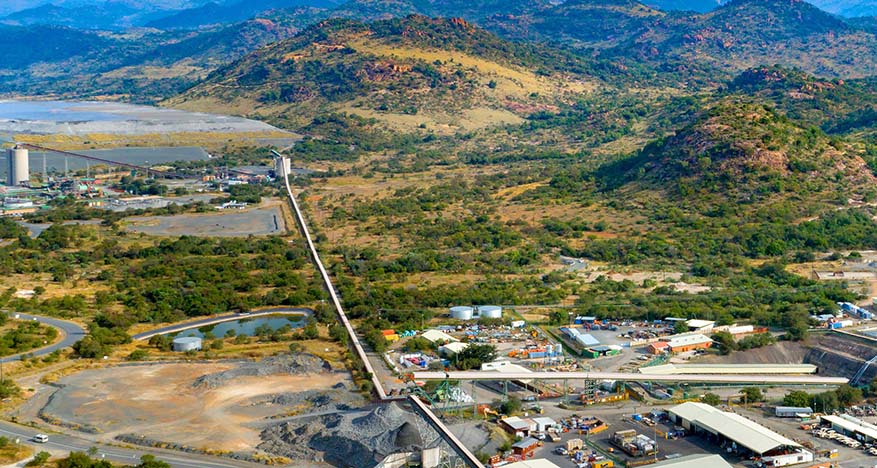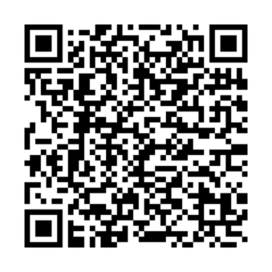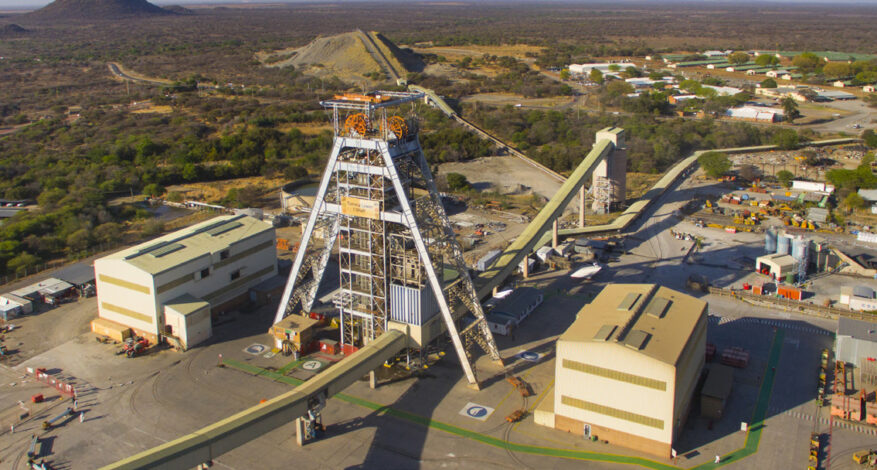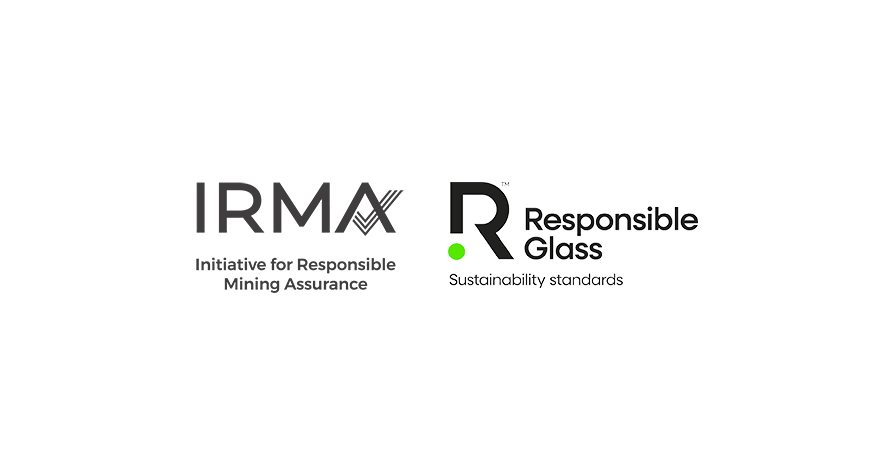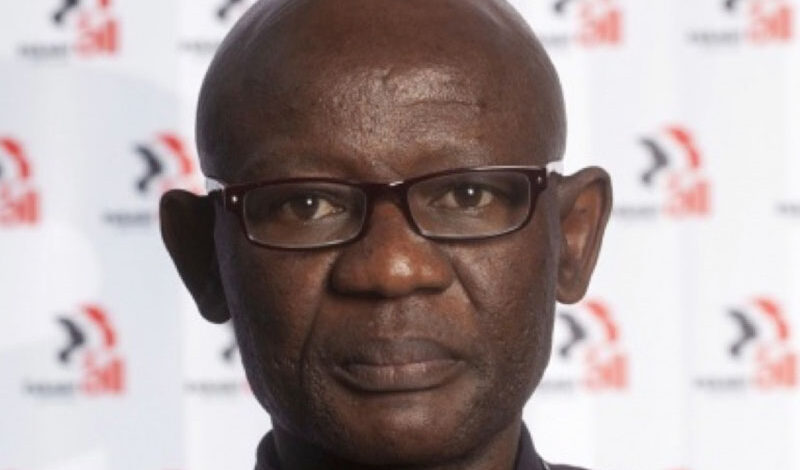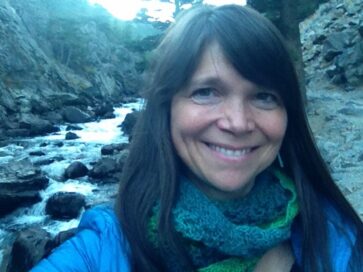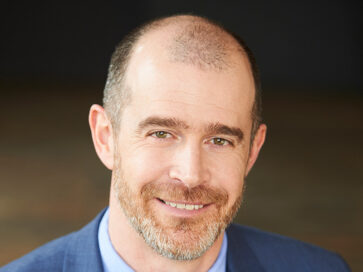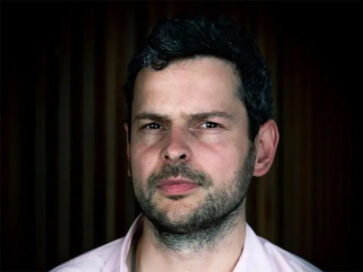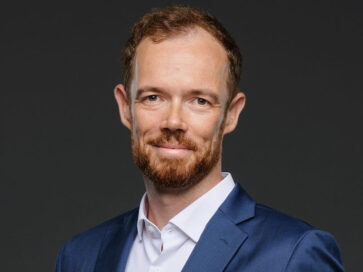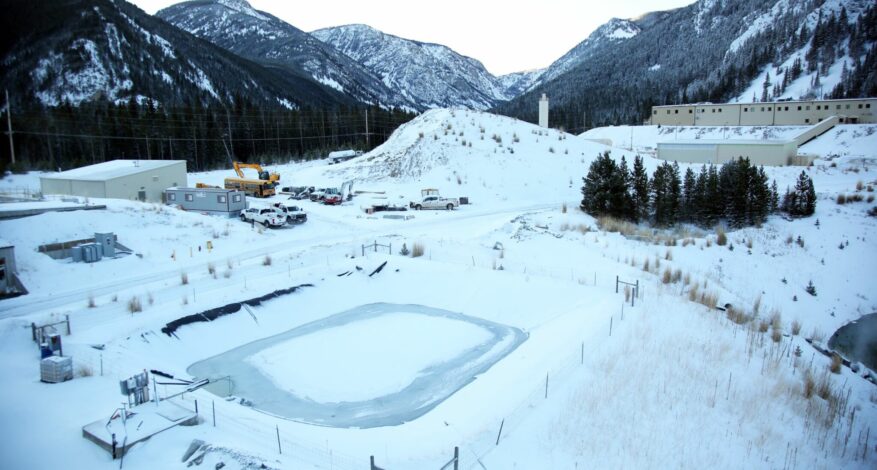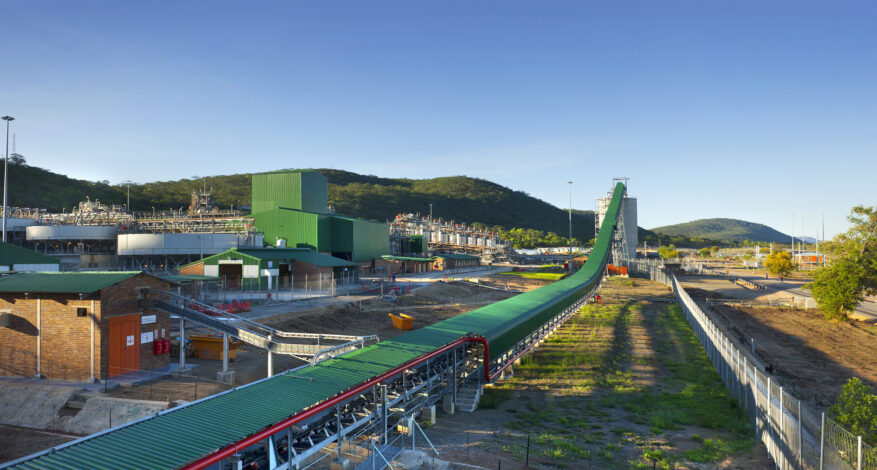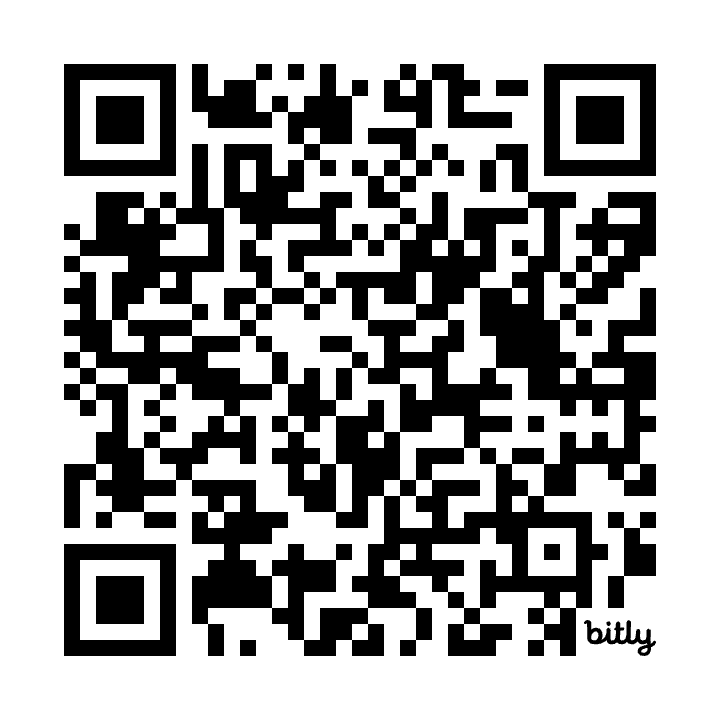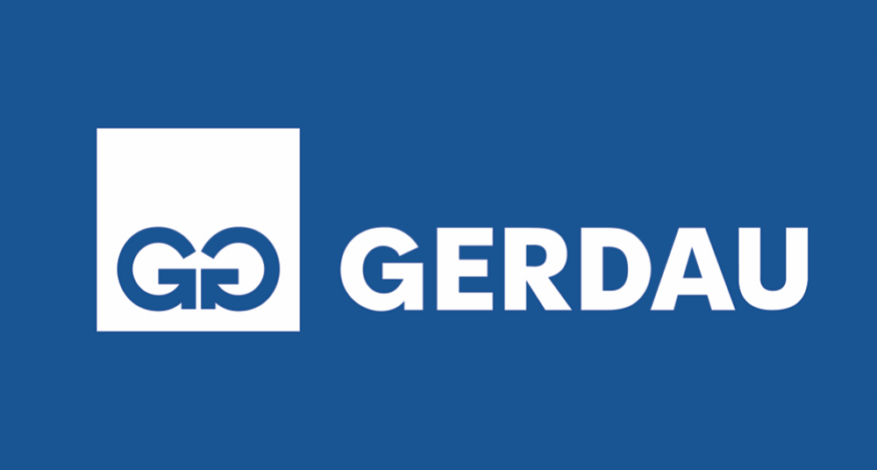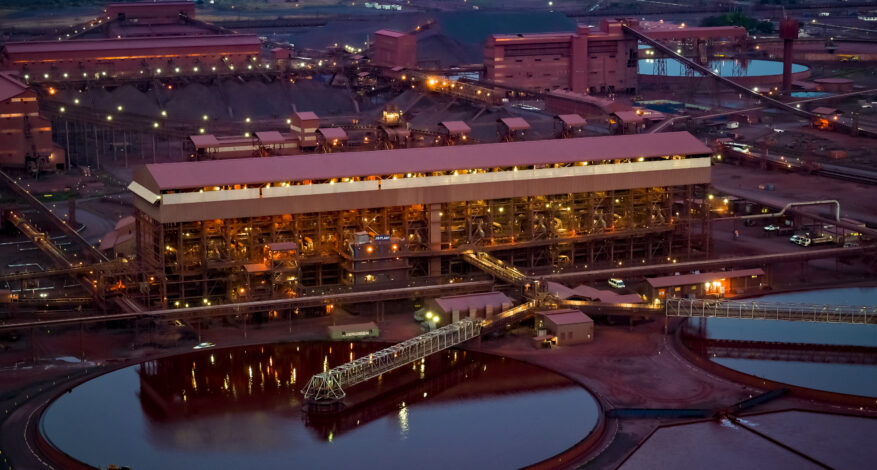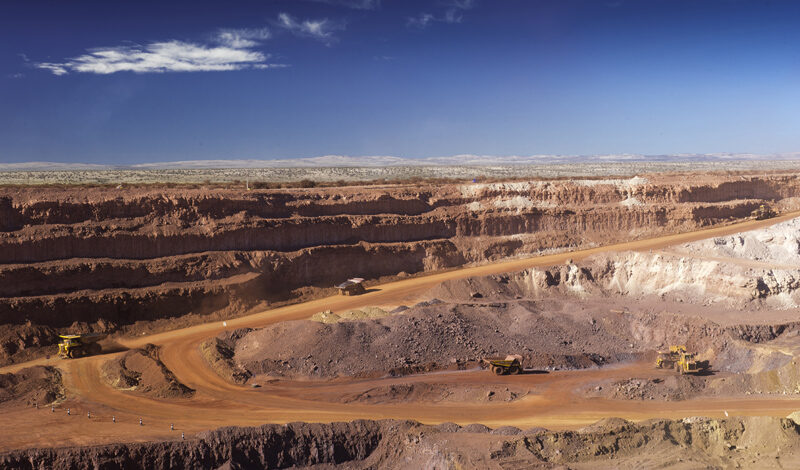ERM CVS to Conduct On-site IRMA Surveillance Assessment of Valterra Platinum Mototolo operations
From IRMA approved independent auditor ERM CVS. View/download the announcement as PDF in Sepedi
ERM CVS Seeks Input from Local Community and Other Stakeholders
ERM CVS announces that on 24-26 November 2025 it will visit the Valterra Platinum Mototolo complex in South Africa’s Limpopo province to conduct an independent, third-party Initiative for Responsible Mining Assurance (IRMA) surveillance assessment of the operation..
The initial audit report of Valterra Platinum’s Mototolo mining complex was released on 16 February 2024 with an achievement level of IRMA 75. The report is available on the IRMA website: https://responsiblemining.net/mototolo.
The onsite surveillance audit will verify that the site operations continue to align with the performance previously recognized in the initial audit report. The audit team will verify that the mine’s systems and controls are still in place and are functioning effectively, that no major changes have occurred that negatively affect the mine’s performance, and that the site is progressing on its corrective action plan. The audit will also include confidential interviews with workers and engagement with community stakeholders. Following the completion of the surveillance audit, a report will be published on the IRMA website.
The abbreviated surveillance audit summary report will provide Valterra Platinum and stakeholders insight into continuity of operations, material changes, and evidence of continued improvement. A full reassessment audit will occur three years after the release of the initial audit report.
|
24 – 26 November 2025 Your comments will help ERM CVS assess the impact of Valterra Platinum’s Mototolo mine on local communities and measure its performance against best mining practices. ERM CVS invites you to sign-up for an interview with auditors during the surveillance audit, and/or submit written comments about Valterra Platinum Mototolo mine using the contact details below. Interviews can be held in English and Sepedi. You must contact us before 17 November 2025 to be interviewed. Written comments submitted before 25 November 2025 will be incorporated into the results of this audit. |
|
| On the web
Email: post@ermcvs.com Telephone: +27 10 596 3740 |
QR code to access online form: |
| Interviews with members of the community occur without mine personnel present. Interviews with non-management workers occur without management present and can be scheduled to occur offsite on request. ERM CVS protects the identity of individual commenters although the general nature of comments will be summarized in the report. | |
For more information about
- The Valterra Platinum Mototolo audit or to sign up for updates: responsiblemining.net/mototolo
- IRMA-approved independent audit firm ERM CVS: ermcvs.com.
- IRMA’s mission, Standard, assessment process, or other mine audits: responsiblemining.net
- Filing a complaint about the audit process: responsiblemining.net/complaints

